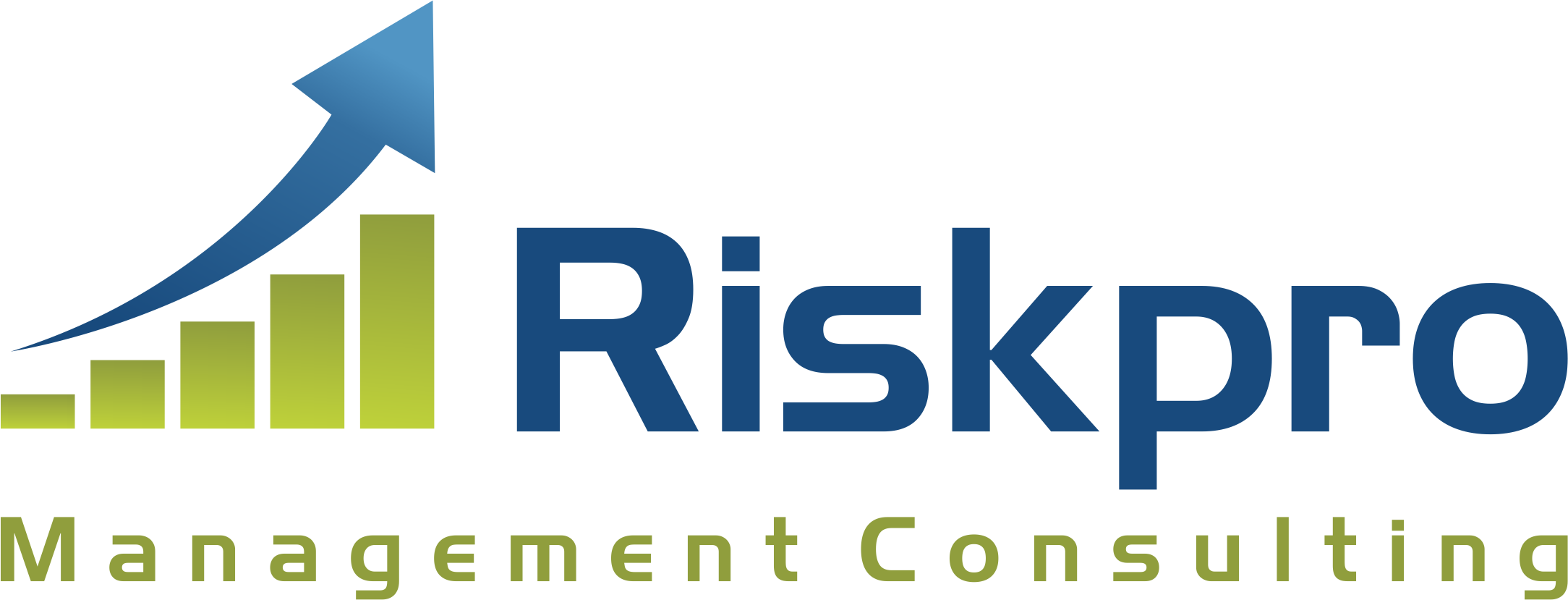An Ultimate Beneficiary Owner (UBO) refers to any person who has direct or indirect ownership or control of an entity. The UBO is the natural person who ultimately owns or controls a legal entity, and it is critical to identify them to ensure transparency and reduce the risk of financial crime.
FinCEN, the Financial Crimes Enforcement Network, is responsible for combating money laundering and other financial crimes. It has laid down guidelines to identify the UBO of a legal entity. The UBO is the individual who controls more than 25% interest in the legal entity.
The last date of implementation of the FinCEN rule was 11th May 2018, globally. However, regulated financial entities like those listed on the National Stock Exchange, sole proprietors, and unincorporated associations are exempt from disclosing their beneficial ownership structure.
UBO and PEP
The identification of the Ultimate Beneficial Owners is crucial to ensure that banks and financial institutions perform screening and provide risk ratings for all the required parties against Politically Exposed Persons (PEPs). PEPs are individuals who hold a prominent public position or function and are at a higher risk of corruption, bribery, and other financial crimes. The identification of UBOs is also important to ensure that banks and financial institutions do not do business with sanctioned entities associated with the UBOs.
Understanding the potential risk that an Ultimate Beneficiary Owner poses to a Bank through its relationship with multiple customers and vendors is also essential. This information helps financial institutions identify potential risks and prevent financial crimes such as money laundering and terrorism financing.
However, identifying the ultimate beneficiary of an account is not easy, especially in countries like India. In India, it has been found that politicians often create complex webs of companies through their agents, custodians, or trustees before entering the business. These structures make it difficult to identify the UBOs of the entities.
UBO and Riskpro Tech
To address this issue, companies like Biznexxus specialize in decrypting the corporate web and helping customers understand the potential UBOs in privately held Indian companies. However, disclosing the ownership of private companies can be challenging due to complex company or trust structures that involve agents, custodians, or nominees.
The disclosure norms in India require listed Indian entities to disclose their interests, but this is not the case with private companies. Getting real information on the owners of private companies is difficult. Biznexxus ranks corporate individuals and has found that a single individual is associated as an agent, custodian, or nominee with more than 500 companies in some cases.
Banks have started adopting emerging technologies, such as Artificial Intelligence (AI) and Machine Learning (ML), to identify UBO information. However, complex company or trust structures are likely to remain challenging when it comes to establishing who the UBOs are. Human intelligence will always prevail over Artificial Intelligence in the identification of UBOs.
To overcome these challenges, banks and financial institutions need a robust framework to manage risk and compliance. This framework should include a strong RegTech partner with proven Know Your Business (KYB) and Know Your Customer (KYC) capabilities like Riskpro. This will help financial institutions comply with regulations and identify potential risks associated with UBOs.
In conclusion, the identification of UBOs is crucial to prevent financial crimes and ensure transparency. However, it can be challenging, especially in countries like India where complex company structures are common.
Companies like Biznexxus specialize in decrypting the corporate web to help customers understand potential UBOs in privately held Indian companies. Banks and financial institutions have started using emerging technologies like AI and ML to identify UBO information, but human intelligence will always be essential in identifying UBOs.

